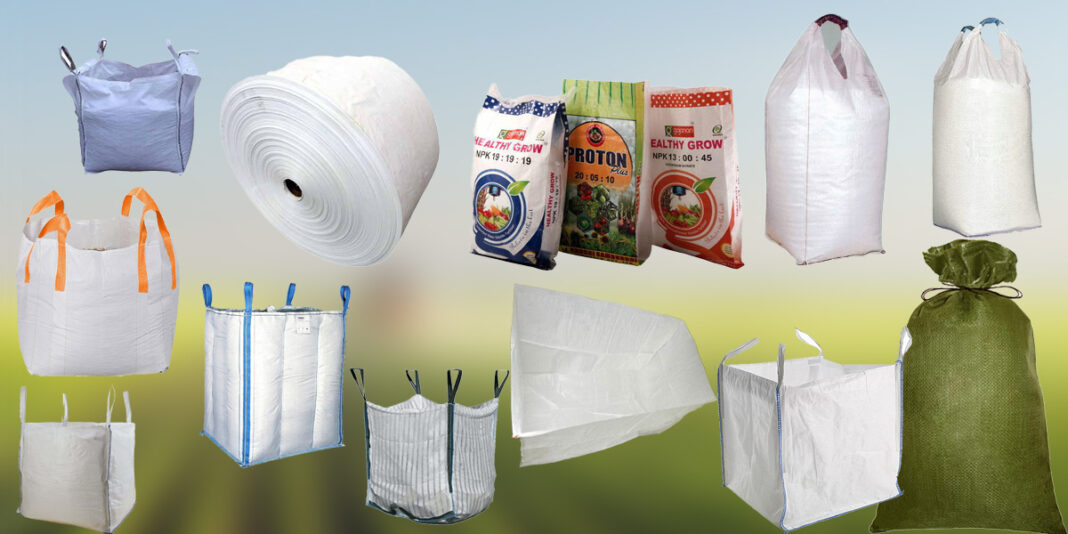Many companies in our country have been victims of the drop in obtaining their profits, which is a normal situation if one takes into account that our country is currently facing one of the deepest economic crises. Under this logic, many companies dedicated to the production of seeds, grains, sand, chemicals, cement, fertilizers, and other bulk products have had to implement new measures that allow them to obtain higher profits, as is the case with the use of UN-certified bulk bags, which have been designed to support filling capacities ranging from 500 to 2,000 kg and whose main manufacturing material is polypropylene.
Bulk bags, as they are also known, are generally used for the transfer and storage of bulk materials. Various sectors already use this type of storage system because they offer a large number of benefits and the material with which they are made is environmentally friendly, which adds significant value to this product that is increasingly popular in the industrial sector.
What is polypropylene?
Polypropylene is considered by industry experts as a crystalline thermoplastic, which is produced by polymerizing propylene in the presence of a specific catalyst. This product is completely recyclable and its incineration does not have any polluting effect; Likewise, the process of making the material has a lower impact on the environment. All these characteristics make polypropylene a very attractive material.
It is worth noting that this material has interesting characteristics such as low density, hardness, heat resistance, and versatility, which allows this type of plastic to have multiple applications in the automotive industry, the packaging industry, carpets, tapestries, and, of course, in the manufacture of most of the bulk bag products.
Functional bags
Bulk bags made of polypropylene have high clarity, which improves the image of the products. It is important to note that polypropylene is very resistant, which is why it becomes an excellent barrier against moisture and vapors.
Main characteristics of polypropylene:
– Reduces environmental impact.
– High chemical and heat resistance
– Allows a great presentation of the product
– Offers an excellent vapor and moisture barrier.
– Meets FDA and USDA specifications.
Why polypropylene is an environmentally friendly material:
– Produces less solid waste than PET, PS, or PVC.
– Polypropylene is a recyclable material, used in many applications such as battery boxes, paint cans, home storage, flower pots, composite wood boxes, and so on.
– High-density polypropylene produces significantly less CO2 equivalent than traditionally used plastics such as PET, PS, and PVC.
All the pieces produced with polypropylene can be recycled at 100% of their capacity. After all, if your company is environmentally friendly and you don’t want to sacrifice your profits, it is best that you choose to use bulk bags made of polypropylene, which have a large storage capacity, facilitating the transport of the products. This is perhaps one of the most important advantages for which many companies decide to use them and thus have greater profits in the distribution processes.















